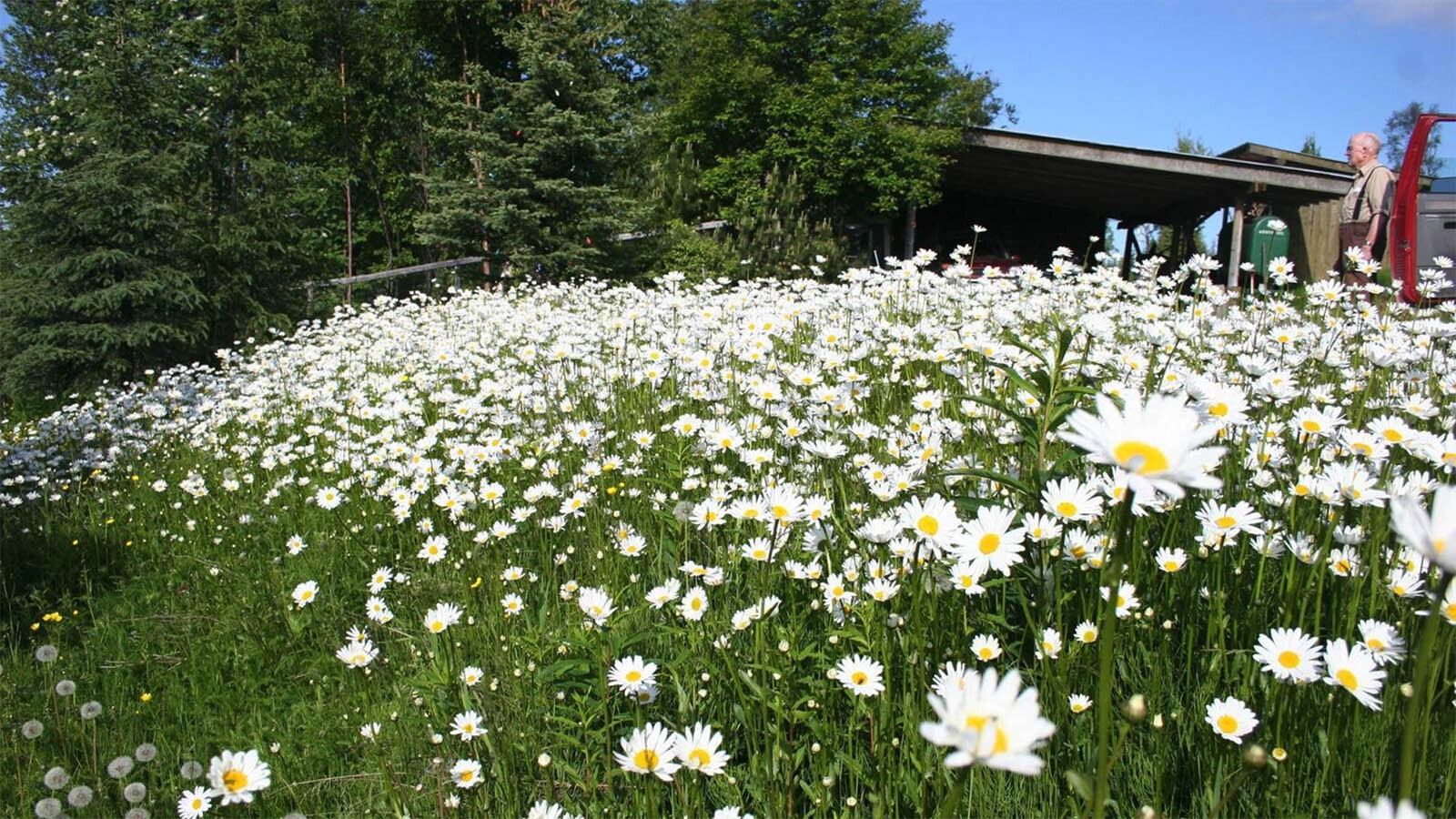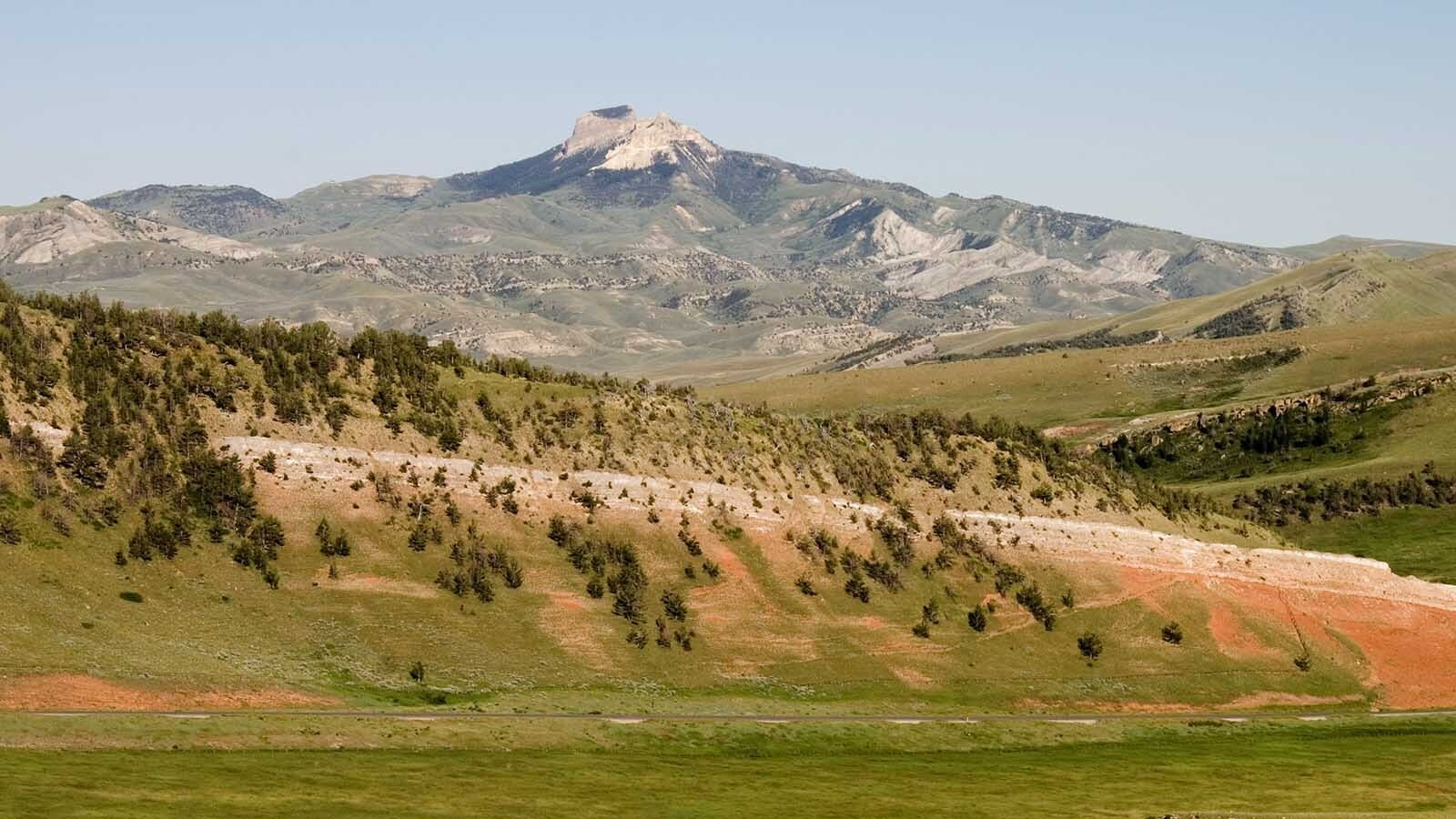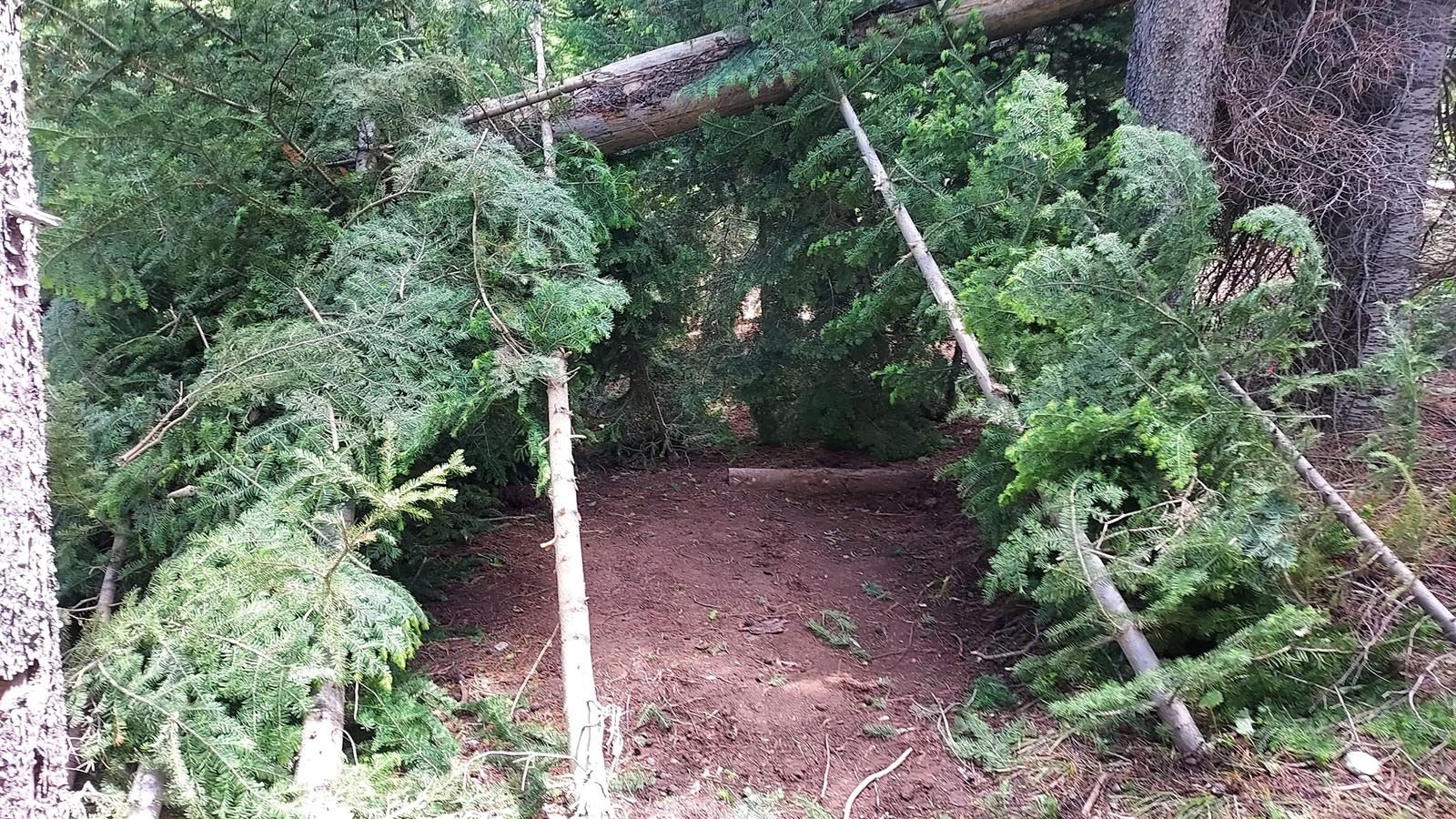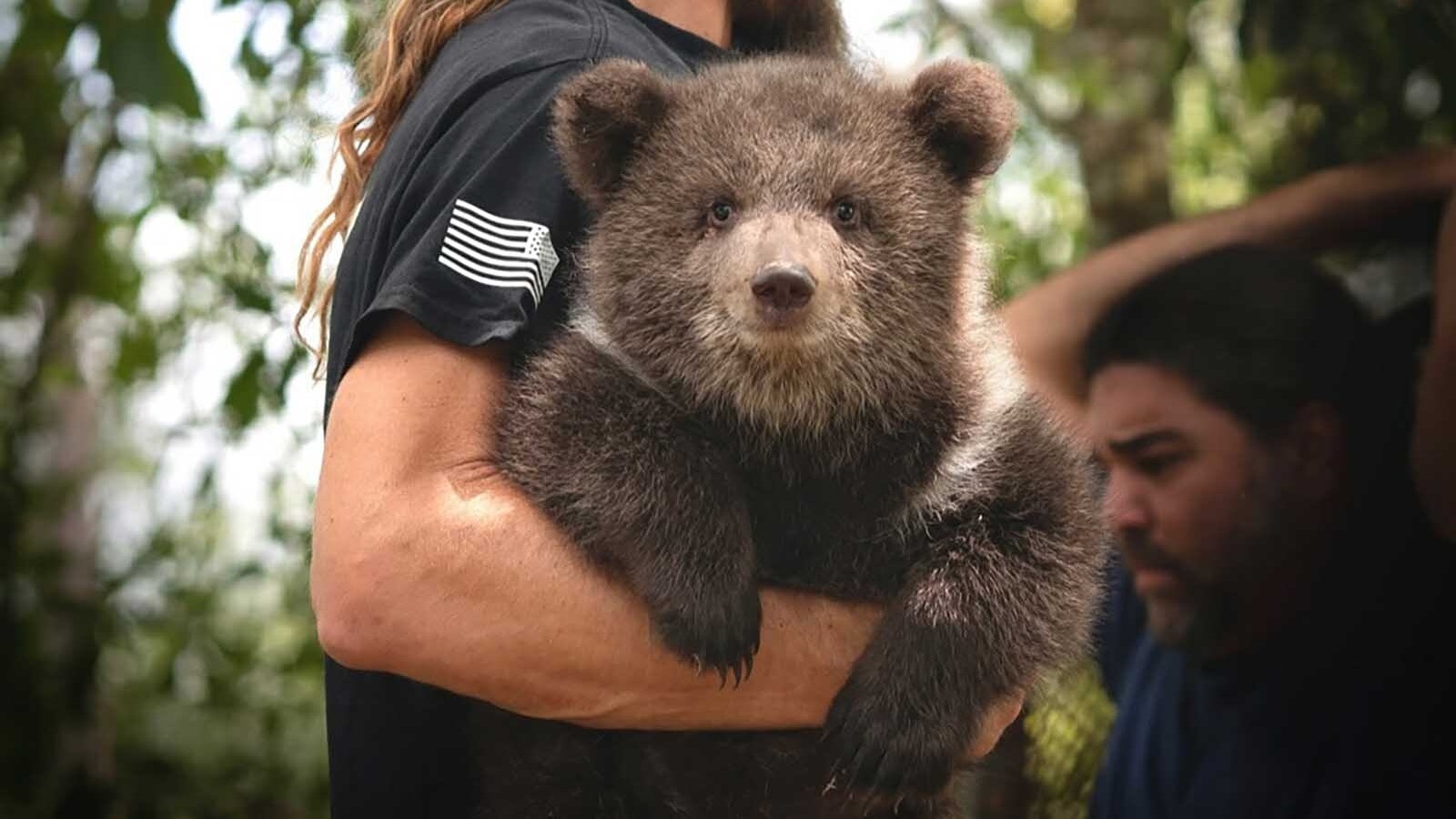With some of Wyoming’s premier antelope and mule deer herds still reeling from the devastating winter of 2022-2023, wild mustangs are blocking their road to recovery, a retired wildlife biologist said.
Among other things, when water is scarce, the horses bully deer and antelope out of the way and hog it, David Paullin of Sheridan told Cowboy State Daily.
“The horses are physically large, they’re a big animal. They aren’t intimidated by antelope,” said Paullin, who had a 36-year career with the U.S. Fish and Wildlife Service. “They’re five times their size, they’ll push them around. If there’s a limited water supply, to hell with the antelope, and to hell with the deer. They (the horses) are going to get theirs first. They’re going to stand around a water hole like a football team, like a defensive line.”
Wild Or Feral?
There’s ongoing controversy over wild mustangs and the part they play on Wyoming’s vast rangelands.
Ranches claim the horses gobble too much livestock forage.
And like Paullin, some hunters and deer/antelope conservationists argue that the mustangs out-compete game animals for food, water and other resources.
But mustang advocates claim that the horses are truly wild animals that are widely admired and bring considerable tourist revenue to Wyoming. And so, like any wildlife species, they should be protected and conserved.
Advocates also argue that the horses are scapegoated for rangeland problems and competition with wildlife that’s actually caused by cattle.
Most recently, there was outcry over the death of “Kat Ballou,” a well-known mustang mare from the McCullough Peaks herd, in a Bureau of Land Management corral.
Horse advocates claim the BLM is being too heavy-handed in its management of that herd, as well as other herds across Wyoming.
In accordance with the Wild Free-Roaming Horses and Burros Act of 1971, the BLM is in charge of managing mustang herds in Wyoming and other states.
The agency frequently finds itself caught between competing views and interest groups on different sides of controversy over mustangs.
At the core of the matter is a heated debate over whether the horses actually qualify as wildlife, or if they’re an invasive feral species.
Paullin takes the latter view, that the horses are feral, and thinks the BLM should be aggressive in rounding more of them up and getting them off the range.
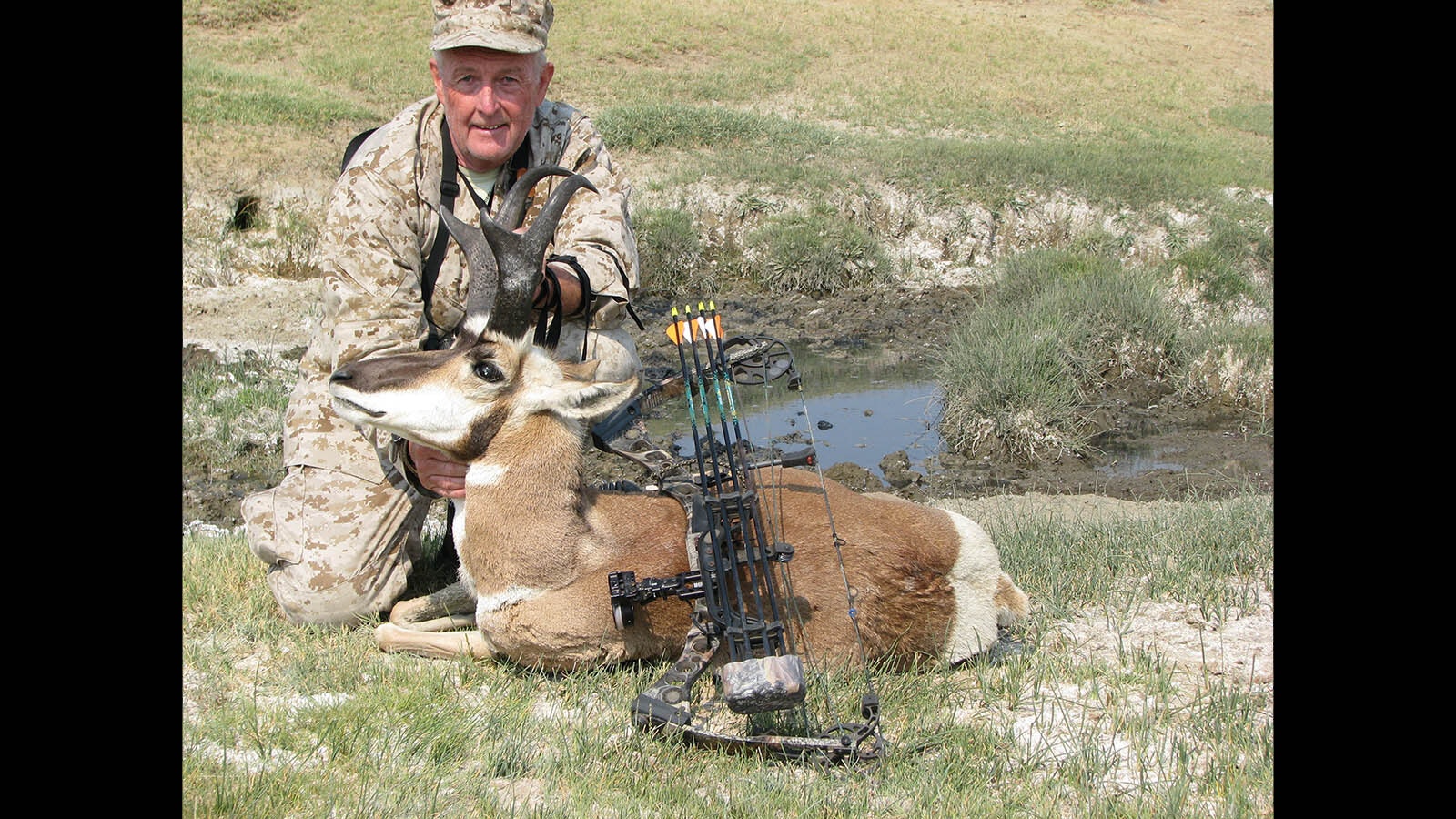
Drought, Winter And Death
Paullin is a wildlife biologist, and during his tenure with the USFWS, he worked in Idaho, Montana, Oregon, Nevada and California.
He started out as a temporary summer employee and worked his way up to wildlife refuge supervisor, overseeing numerous refuges in Oregon and California.
Since his retirement, he’s had more time for outdoors adventures, and likes to archery hunt antelope.
During the 2022 antelope archery season, he was hunting east of Riverton. One of his favorite tactics is to set up a blind near a watering hole, hoping that thirsty buck will come into bow range.
But it was a drought year, and he found virtually no watering holes and saw few antelope, but lots of horses.
He recalled spotting a windmill with a water trough underneath in the distance with some horses around it. That gave him hope, but when he got there and spooked the mustangs away, he discovered that the water trough had been drained dry.
That, and similar experiences, caused him to question the effects that mustangs have on deer and antelope.
Then came the sledgehammer winter of 2022-2033, during which antelope and deer perished by the tens of thousands in some parts of Wyoming and the surrounding region.
Paullin recalls seeing images of Wyoming Department of Transportation crews hauling off truckloads of carcasses of big game animals that had frozen or starved to death along roadways.
“It was gut-wrenching seeing those photos of those WYDOT trucks full of carcasses,” he said.
Addressing The Horse In The Room
Since then, he’s heard some in the hunting and outfitting world say that it’s time to accept the fact that it could take “years, or even decades” for the hardest-hit herds to recover.
Some decided to skip out on hunting altogether, or at least buy hunting tags to keep money flowing into the Wyoming Game and Fish Department, but not go out on those hunts.
But, as Paullin sees it, too few are addressing the elephant — or rather, the horse — in the room. An over-abundance of what he considers to be a feral species, using up the resources that deer and antelope herds desperately need to recover.
Giving up hunting tags “is noble, but there’s something else we can do,” he said. “We can put some heat on the BLM to round up more of the horses.”
The BLM already does horse roundups and puts the animals up for adoption — as is now happening with the McCullough Peaks herd.
But Paullin thinks more horses need to be taken off the range, particularly in places where the deer and antelope winterkill was the worst.
Paullin said that as he understands it from conversations with wildlife managers, the mustangs didn’t suffer nearly the devastating winterkill that game animals did.
However, horse advocates claim the winterkill hit mustangs herds hard too.
Paullin has written letters to Wyoming Republican U.S. Sen. John Barrasso and others, asking for more mustangs to be rounded up and removed.
He said he’s talked to ranchers who are likewise fed up with the horses, but feel as if they’ve “hit a wall” with officials.
“It would be really nice if we could get Senator Barrasso together with a bunch of the ranchers who are right there and see the issues with these horses every day,” Paullin said.
He added that he’s not “anti-horse,” but thinks they are just too overpopulated.
“The groceries that they’re taking off the landscape, that’s groceries that they’re taking away from deer, from antelope, sage grouse, bunny rabbits and even tweety birds,” Paullin said.
Mark Heinz can be reached at mark@cowboystatedaily.com.


